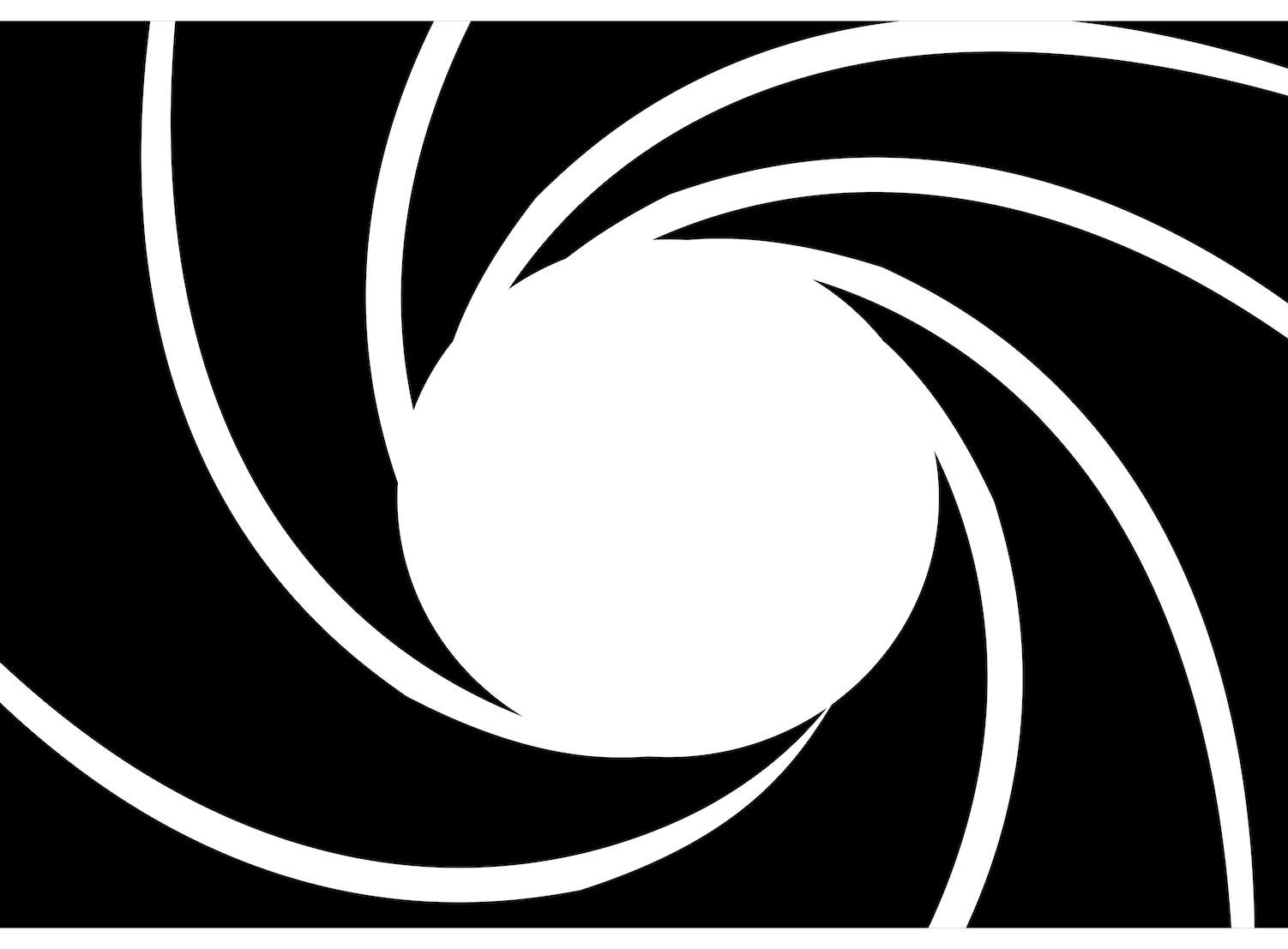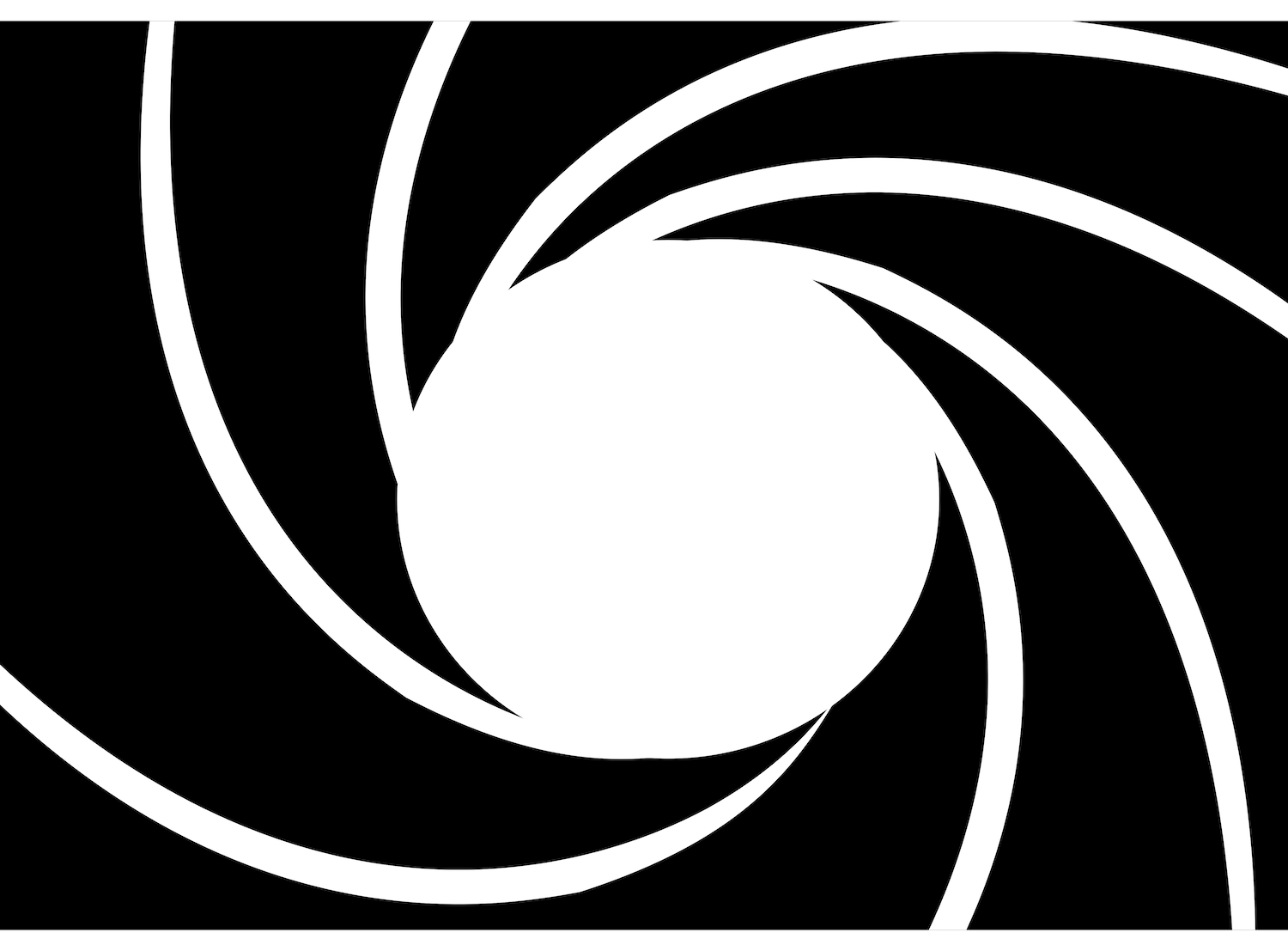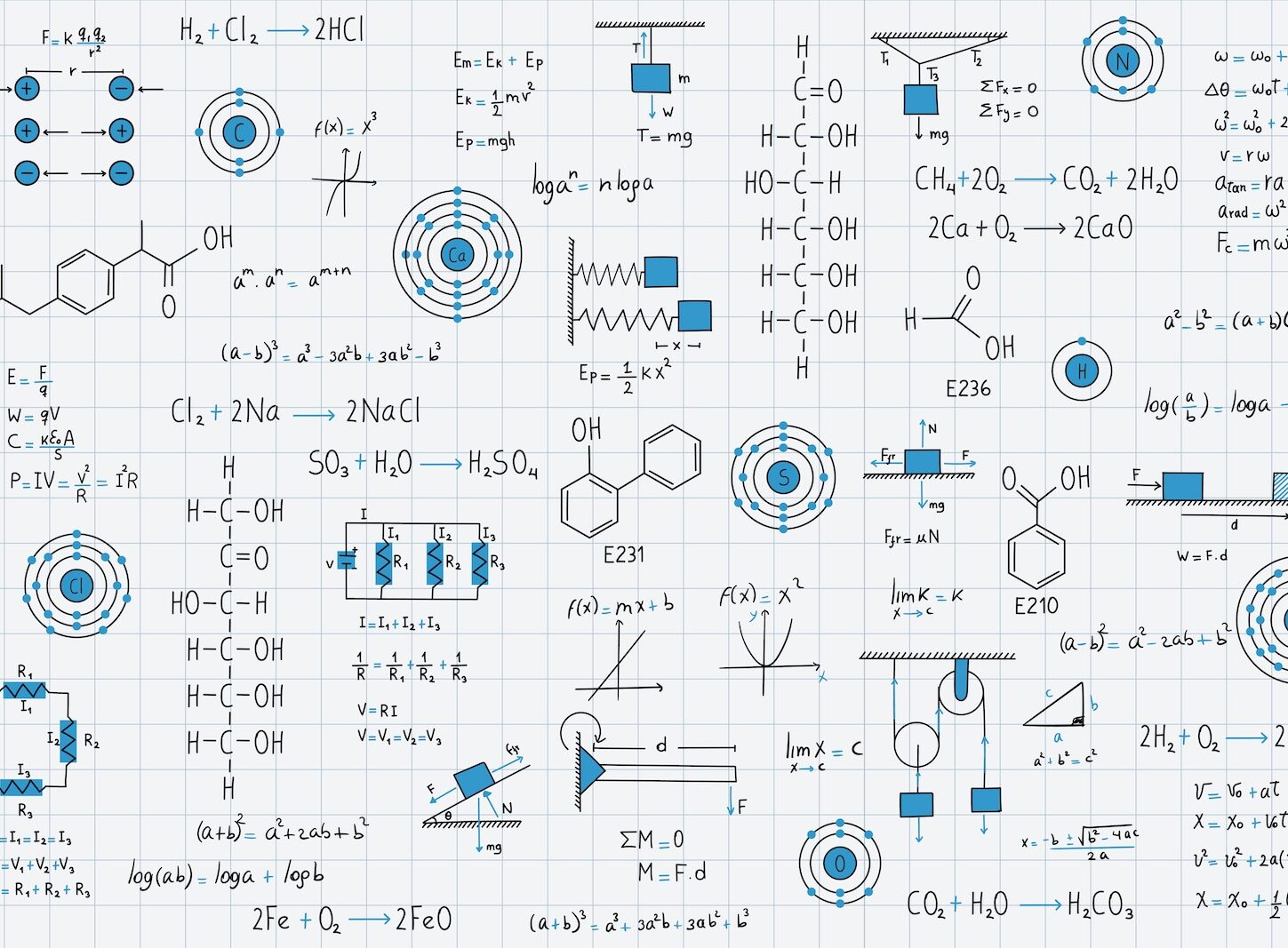The Unified Patent Court (UPC) Court of Appeal (CoA) has issued its first substantive decision since the Unified Patent Court was established last year. The CoA overturned a preliminary injunction imposed by the Munich Local Division of the UPC, itself the first of its kind.
What is the UPC?
The UPC is an international court set up by participating EU Member States to handle the infringement and validity of both Unitary Patents (UP) and European patents (EP) that have been opted into the UPC. Operating since June 2023, the UPC seeks to simplify the process for enforcing and/or attacking a granted patent within all member states centrally, reducing the cost and time required for the proceedings for the involved parties.
The UPC comprises a Registry, a Court of First Instance and a Court of Appeal. The Court of First Instance is composed of a central division, and several local and regional divisions.
Background of the UPC case
The patent, titled “Compositions and Methods for Analyte Detection”, exclusively licensed to 10X Genomics by Harvard, was granted at the European Patent Office (EPO) on 7 June 2023, and it was subsequently requested that the patent have unitary effect. Later that year, 10X Genomics brought action against NanoString, alleging that their products relating to molecular imaging devices and detection probes infringed the granted unitary patent and requested a preliminary injunction. NanoString countersued, claiming that the patent was invalid and should be revoked.
The case was heard at the Munich Local Division of the Court of First Instance of the UPC, where it was found that the patent was indeed novel, sufficient and inventive, and that it had been infringed by NanoString. The Munich Local Division found that there was no reason to deny the request for a preliminary injunction, having considered the relative novelty of the patented technology; the patentee’s capacity to make a profit despite the presence of the NanoString products; market erosion; and the products’ relatively long life cycle.
The Munich Local Division ordered that NanoString pay €250,000 for each individual breach of the order, without the need for 10X Genomics to provide a security. This preliminary injunction was the first imposed by the UPC, and many commentators believed the UPC was seeking to establish a precedent of favouring patentees.
Court of Appeal Decision
NanoString appealed the decision, and it was brought before the Court of Appeal in February 2024. In its decision, the CoA reassessed the validity of the patent and disagreed with the First Instance division in its interpretation on the construction of a term in the Claim 1 of the patent, that a method involving multiple incubation steps would be understood by a skilled person as being impractical. On the basis of its different claim interpretation, the CoA ruled that the validity of the patent had been insufficiently established to a degree of certainty to justify the preliminary injunction requested by 10X Genomics. The CoA ruled that the preliminary injunction should not have been imposed on this basis, however no definitive ruling was made as to the validity of the patent.
While it may appear that the CoA ruled that the First Instance division was premature in its imposing of a preliminary injunction, it should be noted that CoA did not object to the approach taken by the First Instance division in their assessment as to the justification of the preliminary injunction.
Concurrent opposition proceedings are running at the EPO for the European patent, which may provide the first chance to compare the validity opinions of the UPC and EPO Opposition Division relating to the same patent.







